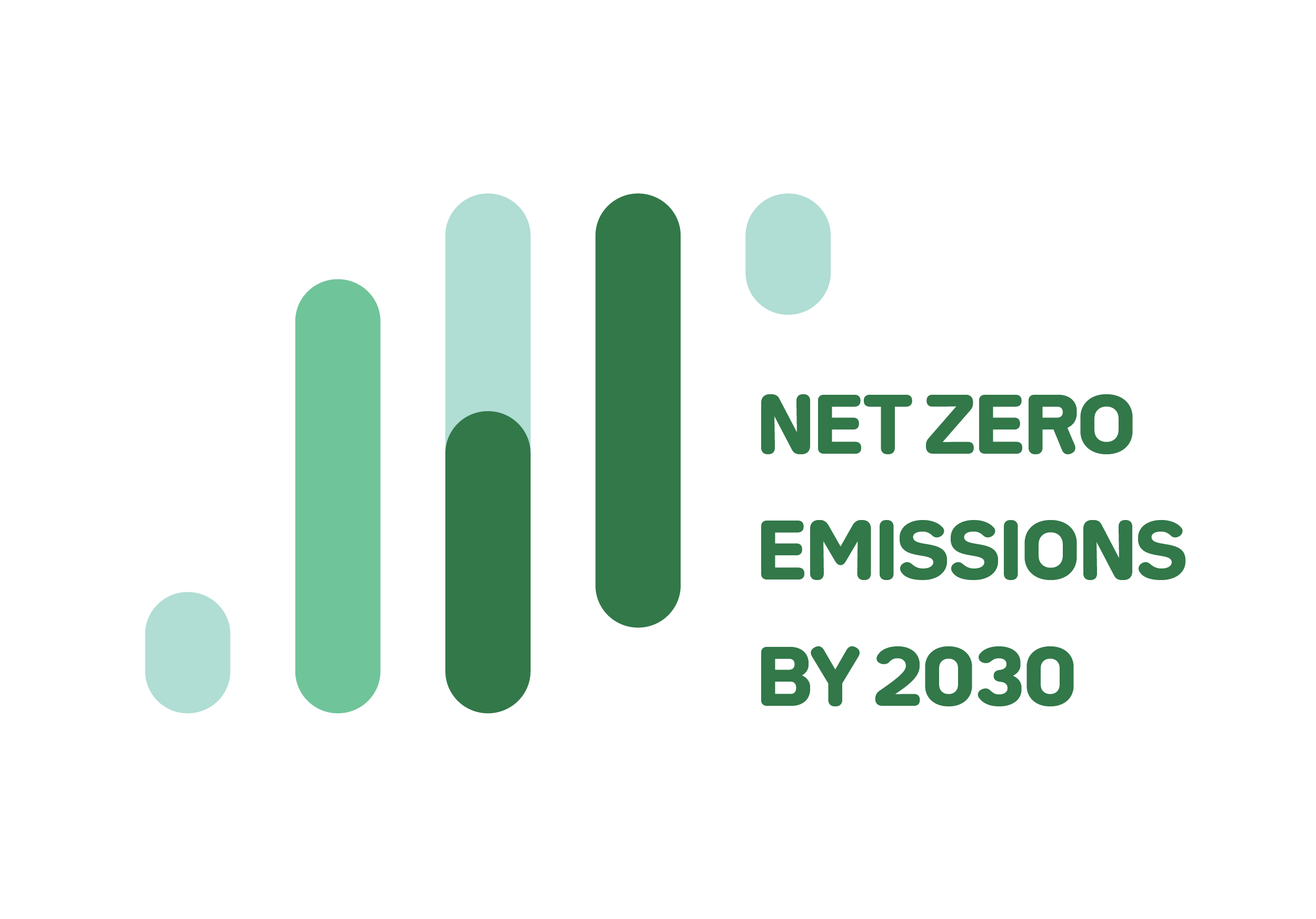
The Maldives is taking on the challenges of climate change successfully by finding effective solutions for mitigation and adaptation.
Maldives is party to the United Nations Framework Convention on Climate Change (UNFCCC) and the Paris Agreement. And even though its own greenhouse gas emissions are insignificant, the country is committed to reduce emissions, and has embraced low-carbon growth as a means to achieve energy security, reduce pollution and show leadership in tackling the climate crisis.
Maldives has embarked on the ambitious goal of achieving net-zero emissions by 2030. In order to achieve this bold target, the government has launched a number of initiatives such as the removal of import duty from renewables and the introduction of net metering and feed in tariff for domestic use of renewable energy.
Due to the high cost of diesel-powered electricity in the Maldives, there is huge potential in terms of reduced fuel consumption and reduced CO2 emissions by investing in solar powered electricity.
Opportunities for investment
Renewable energy
Reversing our dependence on imported fuel and investing in renewable energy is a key priority of the government to improve energy security of the country. The objective is to achieve 70% peak load energy requirement from renewable energy sources and decrease reliance on oil.
Energy demands of the country has grown exponentially over the past three to four decades resulting from the unprecedented economic growth in key sectors of the economy. The demand for energy generation is expected to grow annually by 8.5 per cen. The government welcomes investments in renewable energy under Independent Power Producer (IPP) licenses and sale of power to utility companies under Power Purchase Agreements. Land based, roof-mounted or floating Solar PV and other viable renewable energy technologies may be proposed.
Potential investors may also partner with private sector entities, including resort operators to transfer to renewable and smart energy solutions. There is considerable appetite for transitioning into renewable energy solutions in the Maldives, with installations growing at double digit rates over the last five years, recording an average annual growth of 45-55%.
Waste management
The Maldives aims to establish regional level waste management systems under which waste generated is segregated and the volume of waste reduced through volume reduction equipment or implementation of resource recovery at the source of waste.
Investment and commercial opportunities are open to supply innovative, environment friendly and low-cost waste management solutions to suit the requirements of the country.
Eco-tourism & research-based tourism
The biosphere reserves and protected areas of the Maldives have the most beautiful and unique features and have the potential to enhance socio economic development through ecotourism, research-based tourism and expeditions supporting sustainable development.
Wastewater treatment technologies
The current wastewater treatment technologies used in the Maldives are very costly. Investment opportunities exist in the area of wastewater treatment technologies that provide environment friendly and cost-effective solutions.
Coastal protection technologies
Maldives is one of the lowest lying island nations in the world and many of the islands face some form of a coastal erosion because of human induced or climate change related factors. The current hard infrastructure solutions using rock boulders/sea walls is costly and ruins the aesthetics of our beautiful islands.
Investment opportunities are open in coastal protection technologies with more environment friendly and sustainable soft and hard engineering solutions.